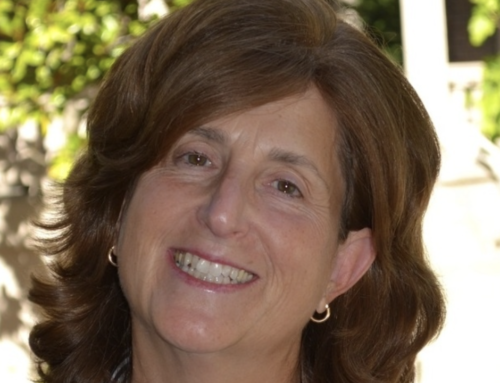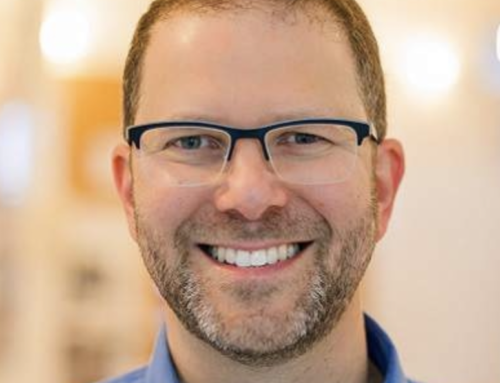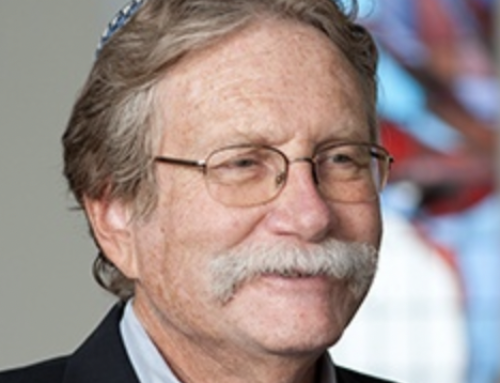All Jews choose their Judaism from the Judaisms that came before; no one does everything. Animal sacrifice and its prayer substitutes, the Jerusalem Temple and synagogues worldwide, universalism and particularism and chauvinism and tolerance and openness, the Psalms and Yehuda Amichai’s poetry – they are all Jewish and they all coexist with different degrees of authority for different Jews.
The Torah reserves special care for the ger, but is ger “resident alien” in a universalist ethic or “convert” in a more insular rabbinic understanding? Ezra, the priest who returned from Babylon with the Torah and demanded the “holy seed” send away their foreign wives, might have rejected both in his ethno-religious purity (Ezra 9). Ruth, also tied to the Torah by her story being read on Shavuot and her status as a forbidden Moabite who nevertheless joins the Jewish people, might have accepted both.
Some Jews insist on gender egalitarianism as essential to lived Jewish life; others claim that public gender separation must be the Jewish rule. Neither side has the monopoly on “Jewish values,” because there is no simple set of “Jewish values” that applies to every Jew. We each compose a version of our Jewish values based on the intersection between our contemporary values and all the varying and conflicting values expressed by historic Jewish culture and tradition until today.
This means that my Jewish values — the meeting point of what I believe with all that Judaism has said over the centuries — will prioritize human equality, LGBTQ inclusion and human agency over chosenness, condemning people for whom they love and who they are, and reliance on or praise for miraculous intervention. Your Jewish values may be different. Two Jews, three opinions; one Jewish history, millions of Jewish lives.





